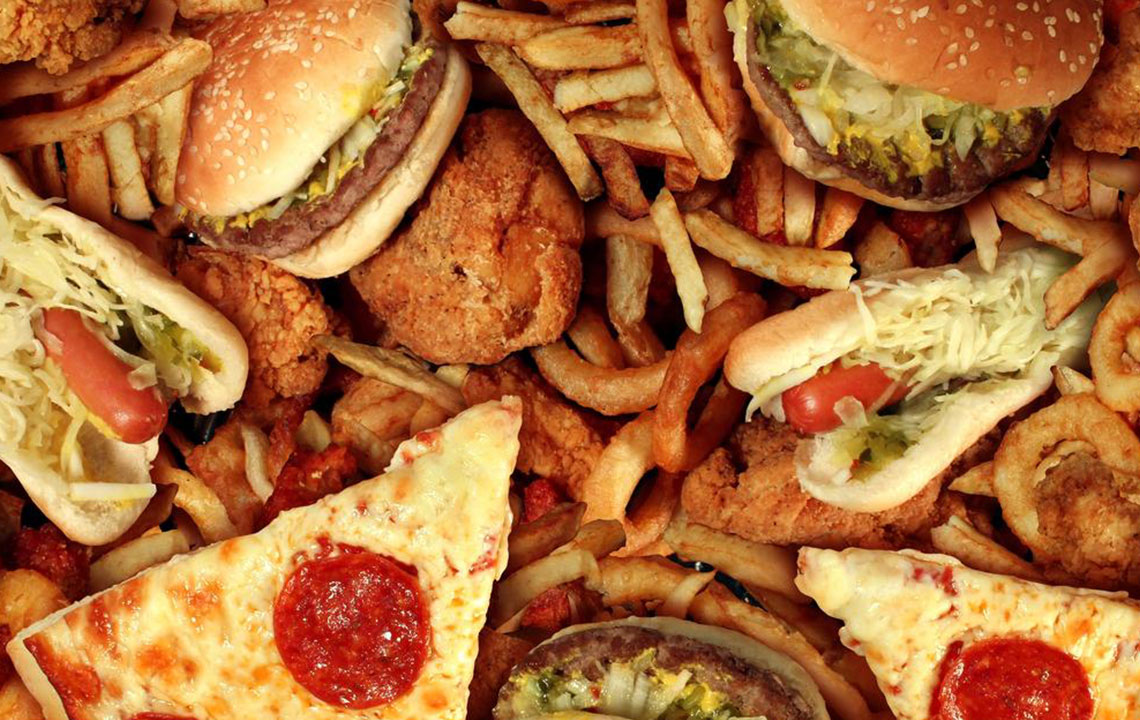Common Food Triggers for Acid Reflux and How to Manage Them
This article explores common foods that trigger acid reflux and offers practical tips for managing symptoms. It emphasizes the importance of diet adjustments, lifestyle habits, and identifying individual triggers to prevent discomfort and improve quality of life. Suitable for anyone seeking solutions for acid reflux, the guidance aims at reducing inflammation and promoting digestive health effectively.
Sponsored

Experiencing a burning sensation that rises from your stomach into your chest, along with regurgitated food and a sour taste, are signs of acid reflux. While occasional episodes may not be a concern, persistent or severe symptoms that disrupt sleep warrant medical attention. The lower esophageal sphincter (LES) muscle normally keeps stomach acids down, but if it weakens or stays open, acids can escape into the esophagus, causing discomfort.
This leads to heartburn, sour taste, nausea, bloating, difficulty swallowing, coughing, and sore throat. Without proper management, reflux can develop into gastroesophageal reflux disease (GERD).
Impact of Diet on Acid RefluxYour nutritional choices greatly influence reflux symptoms. Acidic foods can increase stomach acids and aggravate the LES weakness, triggering symptoms. Along with medication and lifestyle adjustments, avoiding certain trigger foods can ease your condition.
Heavy meals close to bedtime, lying down immediately after eating, obesity, pregnancy, smoking, and certain medications can also cause episodes.
Foods to Limit or Avoid with Acid Reflux
Fried foods such as onion rings and fries
High-fat and greasy dishes
Foods cooked with excessive butter or oil
Spices like cinnamon, ginger, dill, and herbs such as parsley, basil, thyme, and tarragon
Caffeinated drinks like tea and coffee
Peppermint and spearmint
Citrus fruits and juices
Raw or cooked onions, garlic, tomatoes, and mint
carbonated beverages and alcohol
Whole milk and high-acid condiments like vinegar and wine
Processed and packaged foods
Tips for Managing Acid RefluxManaging acid reflux doesn’t mean giving up on great meals. Eating smaller, frequent meals, drinking water and herbal teas, and chewing food thoroughly can help. Avoid eating late at night; aim for your last meal three hours before bedtime. Choose healthier snacks like vegetables, crackers, or fruit. Quitting smoking, maintaining an upright posture during and after meals, and elevating your bed can reduce symptoms.
tailor your diet based on personal triggers, generally including non-citrus fruits, vegetables, lean proteins, whole grains, and healthy fats. It’s essential to identify specific foods that cause your symptoms and avoid them. Overall, healthy eating habits and lifestyle changes are key to long-term reflux management.






